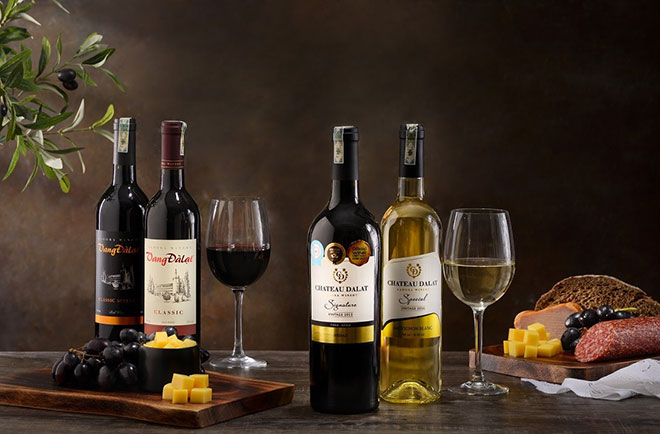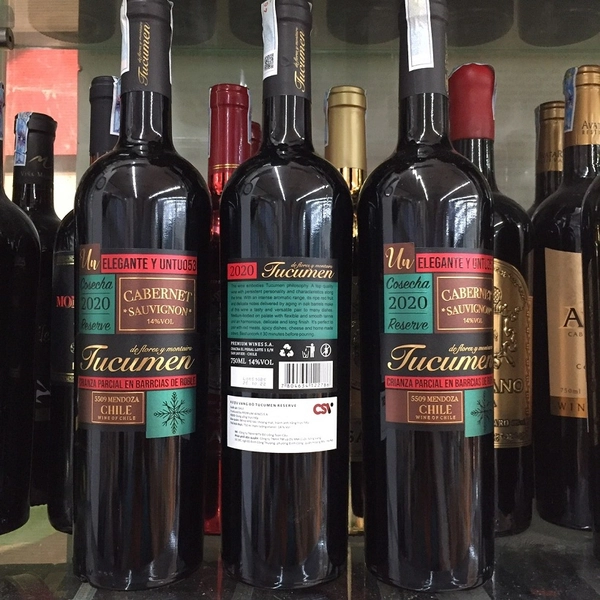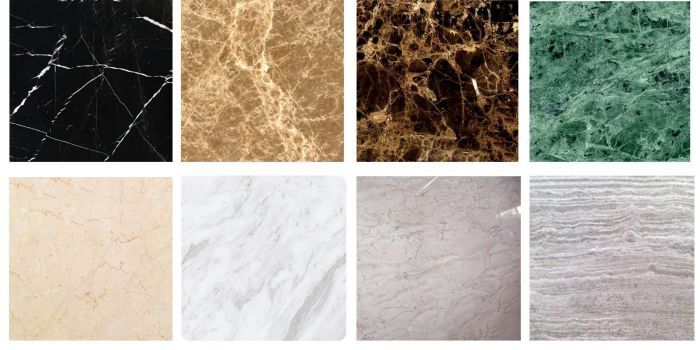WINE IMPORT PROCEDURES
1. Wine import policy
Wine is not on the list of prohibited goods for import, so businesses can still import wine into the Vietnamese market. However, wine is a type of alcoholic beverage, so when importing, certain standards must still be met.
Pursuant to Decree No. 15/2018/ND-CP dated February 2, 2018 of the Government detailing the implementation of a number of articles of the Law on Food Safety, it stipulates: “Food safety management throughout the process of production, processing, preservation, transportation, export, import, and trading of wines, beers, soft drinks, processed milk, vegetable oils, processed flour products, starches, cakes, jams, candies, and packaging within the scope of management.”
Enterprises with a Wine Distribution License are allowed to import wine and must be responsible for the quality and food safety of imported wine. In the case of importing semi-finished wine, enterprises are only allowed to sell to enterprises with an Industrial Wine Production License.
Thus, wine on the List of imported goods must be inspected for quality assurance, technical standards, and food safety before customs clearance under the management responsibility of the Ministry of Industry and Trade.

2. HS Code of Imported Wine
Refer to Chapter 22: Beverages, Wines and Vinegar
| HS code | Description of cargo |
| 2201 | Waters, including natural or artificial mineral waters and aerated waters, not containing added sugar or other sweetening matter nor flavoured; ice and snow. |
| 2202 | Waters, including mineral waters and aerated waters, containing added sugar or other sweetening matter or flavoured, and other non-alcoholic beverages, not including fruit or vegetable juices of heading 20.09. |
| 2203 | Beer made from malt. |
| 2204 | Wine of fresh grapes, including fortified wines; grape must other than that of heading 20.09. |
| 2205 | Vermouth and other wines made from fresh grapes flavored with herbs or aromatics. |
| 2206 | Other fermented beverages (for example, cider, perry, mead, sake); mixtures of fermented beverages and mixtures of fermented beverages and non-alcoholic beverages, not elsewhere specified or included. |
| 2207 | Undenatured ethyl alcohol of an alcoholic strength by volume of 80% vol or higher; ethyl alcohol and other spirits, denatured, of any strength. |
| 2208 | Undenatured ethyl alcohol of an alcoholic strength by volume of less than 80% vol; spirits, liqueurs and other spirituous beverages. |
| 2209 | Vinegar and vinegar substitutes are made from acetic acid. |
3. Documents for wine distribution license
Enterprises importing wine must have a wine distribution license issued by the Ministry of Industry and Trade. Enterprises need to prepare the following documents:
- Business registration certificate of the enterprise.
- Warehouse equipment list.
- Legal documents of 3 distribution agents.
- Warehouse lease contract.
- Certificate of environmental conditions.
- Certificate of meeting fire prevention and fighting criteria.
- Certificate of balance in the company account, minimum of 1 billion VND.
- Application for license according to the form
- It is noted that the license is valid for 5 years. Therefore, enterprises need to pay attention to the periodic inspection schedule for their shipments.
4. Announcement of wine quality standards

Wine importers are required to apply for a license to publish product quality standards. The application includes:
– Investment certificate or business registration certificate.
– HACCP or ISO 22000 if available.
– Testing provided by the foreign manufacturer/company on criteria: Ethanol/Methanol/SO2 content, criteria on microorganisms/heavy metals/…
In case the manufacturer cannot provide valid testing, the competent authority will conduct product testing according to the provisions of law.
5. Customs procedures when importing wine
To carry out customs clearance procedures for wine, enterprises need to prepare a set of documents and customs documents according to the provisions of Circular 38/2015/TT-BTC including:
- Customs declaration
- Declaration of separation.
- Import license
- Certificate of compliance with imported food requirements (original or electronically signed)
- Bill of Loading (copy)
- Commercial Invoice (copy)
- Packing List, Catalog (copy)
- Certificate of Origin (CO) to enjoy preferential import tax.
- COA (Certificate of Analysis): certificate of analysis (components, content…) provided by the manufacturer (copy)
- Product declaration
6. Notes when importing wine
6.1 Labeling of imported goods
Imported goods must have full labels according to current regulations. The label must show the following contents:
- Name of goods;
- Name and address of the organization or individual responsible for the goods;
- Origin of goods;
- Other contents according to the nature of each type of goods.

6.2 Mandatory content on the Wine label
- Quantity;
- Ethanol content;
- Expiry date (if any);
- Storage instructions (for wine);
- Warning information (if any):
- Lot identification code (if any)
6.3 Customs documents
- Customs documents include:
- Commercial Invoice
- Packing List
- Bill of lading
- Certificate of origin, if any
- Distribution license issued by the Ministry of Industry and Trade
- Product declaration
6.4 Wine import tax
Wine imports are subject to import taxes including import tax according to the import tax schedule, special consumption tax and VAT 10%
- VAT for wine is 10%
- The preferential import tax rate for wine as shown in the HS table above is 50%
In the case of wine imported from countries with free trade agreements with Vietnam, it may be entitled to special preferential import tax if it meets all the conditions set forth in the agreement. You should pay attention to this content to enjoy legal benefits on tax incentives, currently Vietnam has signed FTAs with over 50 countries, so it is likely that the imported goods will enjoy special preferential import tax.
7. HML is a reputable and professional wine import logistics unit.
With many years of experience, HML is confident in providing customers with the best service quality, the most competitive prices and the most professional staff.
- HML is a member of domestic and international logistics associations such as VLA, WCA, JCTRANS, PPL, …
- Committed to providing customers with the best service experiences, prioritizing customer benefits.
- Fast, complete and free service consultation. Answer customer questions anytime, anywhere.
- For customers who are new to the import and export field, we are committed to providing free consultation on import and export procedures and processes in a complete, accurate and fast manner.
- Keep customer information confidential.
- Simple, fast and professional procedures.
- Our staff is well-trained, always working with a high sense of responsibility with the motto ANYTIME – ANYWHERE.
HML SUPPLY CHAIN,. JSC
Tel: +84 82 369 2828
Email: infor@hml.com.vn
Website: hml.com.vn





